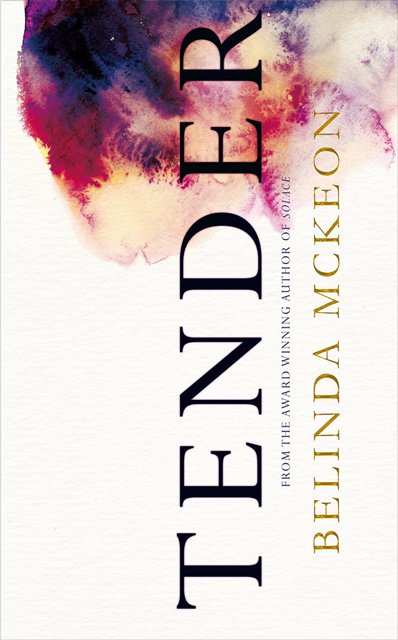lip lit: tender
Belinda McKeon captivatingly examines youth and sexuality in her second novel, set in late ’90s Ireland. Tender focuses on a loving turned obsessive friendship between Catherine and James, recent arrivals to Dublin from their respective rural communities. Catherine is studying English and art history at Trinity College Dublin while James is pursuing his dreams of photography in Berlin.
The novel, at its centre, is about youth and selfhood, exploring what it means to discover your own identity and to overcome harmful personal choices. It also delves into the political background of the time, addressing the Good Friday Agreement, which was a major step in the Northern Ireland peace process. Catherine speaks of Ireland’s history of violence, stating that there, ‘had always been the choked frightened air of the country’. The recent decriminalisation of same-sex sexual acts brought on by Senator David Norris is another important historical detail addressed by McKeon. The discussion of decriminalisation forms an interesting contrast to today, with Ireland becoming the first country to legalise gay marriage nationally by popular vote earlier this year.
Yet James’ story of coming to terms with his own sexuality reminds the reader of the work it has taken Ireland to reach a place where marriage equality is a priority. Catherine says of James’ pain at the difficulty of being a young gay man in Ireland: ‘Lonely: that was the word he had written, over and over. Alone: that was another. Never: that has been another… looking with it grimly into a future the nature of which he had already decided upon’.
McKeon’s prose is skilfully bare, laced with a sense of nostalgia. Photography is a motif throughout Tender and this is an interesting choice as on reflection, the book reads with the nostalgia and sensory perception as if the reader is looking at a photograph. McKeon also grounds the novel with ’90s era pop culture throughout the text. Ted Hughes’s Birthday Letters, written about Sylvia Plath and released in 1998 is a strong thread throughout the novel, grounding Catherine’s love of poetry and allowing her to think openly about what it means to love someone. Catherine often cites the line, ‘What happens in the heart simply happens’ to talk about herself and James.
Tender’s structure is also a well thought out point of difference, with McKeon telling a coming-of-age story in a way that is structurally different to the norm. The first part of the novel, ‘Awake’, has a dreamy tone and passes quickly without chapters. As Catherine and James’ relationship becomes one of jealousy and obsession, the next section ‘Moonfoam and Silver’, marks the separation with the imposition of chapters. The second to last section, ‘Romance’ is perhaps the most skilful. It reads as poetry-like prose and beautifully depicts emotions around self-consciousness, jealousy and utter admiration.
Tender is a book that is easy to devour quickly. It’s a strong piece of contemporary literature, despite an ending that feels forced and ruins the effects of the slow building storyline. McKeon’s writing is nuanced and brings strength to a plot which is at times simplistic but overall absorbs the reader in the moment.


